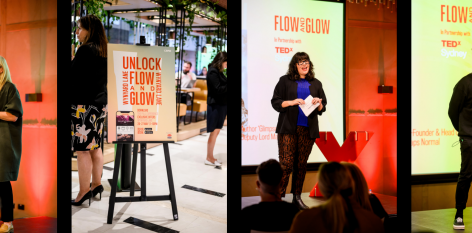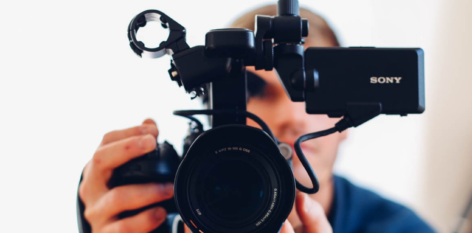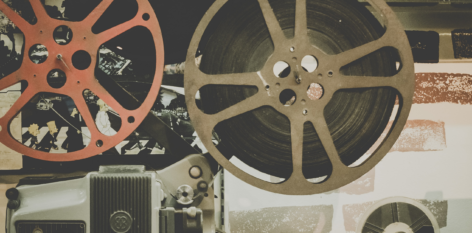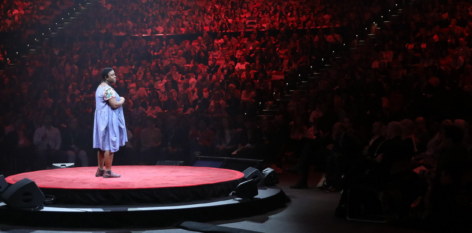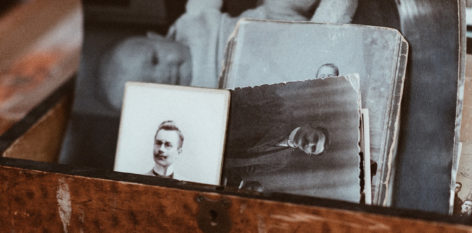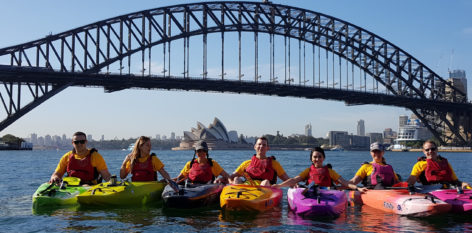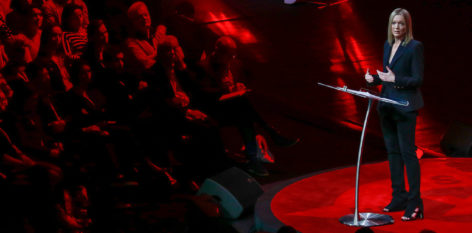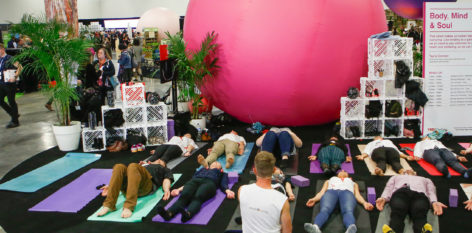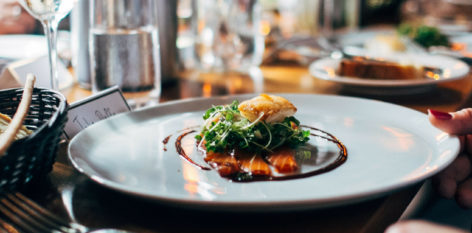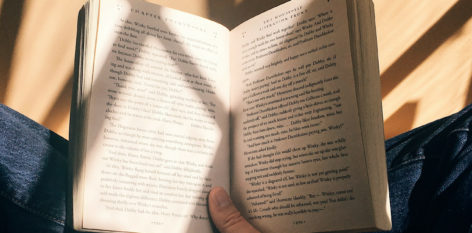When historians look back at the global cultural landscape in the years after COVID-19, it’s almost certain they’ll find a strange mix of obstacles and successes. Although online consumption of entertainment has risen – Spotify, Netflix and Foxtel have seen an exponential rise in paid subscriptions – most musicians, performers, producers and crew are suffering. With public gatherings on hiatus, concerts, tours and festivals being currently ruled out, employment prospects for the industry and the future of shuttered venues is grim. Pandemics and plagues have a way of shifting the course of history, and this one is no different.
However, to quote disco group The Village People, ‘You can’t stop the music, nobody can stop the music.’ And although COVID-19 is still not quite done with 2020 yet, you’d better believe the audience and performers’ thirst for live entertainment is stronger than ever. Despite great adversity and the future of live entertainment being uncertain, some performers have defied the odds by adapting performance that makes up for the lost live stage, delivering the artists directly to their audience and re-creating a new normal for theatre.
Let’s see what some of our most creative Aussies are up to…
Award-winning entertainer Catherine Alcorn is one of Australia’s most in-demand entertainers and hosts renowned for her powerhouse vocals and razor-sharp wit. In 2018, she toured her smash hit show, The Divine Miss Bette, through the USA and Australia, winning her Best Cabaret Production at the 2018 Broadway World Awards. Alongside Gold Logie nominee Rodger Corser and legendary film and TV producer Brian Cobb, Catherine has co-created Australia’s newest virtual variety show, The Reservoir Room.
“I am a full-time touring artist, which in Australia is no mean feat”, Catherine says. “I produce and perform in all my shows, and the bulk of my income comes from touring both regional and metro theatres.”
“The Divine Miss Bette has been the flagship show for my production company for the last few years. I spent 2015 producing the show, then touring in 2016 to 2019. Theatres around Australia work a year in advance due to member subscriptions, so producers pitch shows for the following annual season. In February this year, I had a new show ready for selling for 2021. 30 dates across the country – a year’s income for me and my production team. But because the 2020 season no longer exists, all the 2020 shows have been shuffled to 2021, and the 2021 shows to 2022.”
“What that means is we have no touring income for this year, and likely no touring income for next year because everything’s been pushed back a year. We’re trying to salvage as much as we can, but theatres simply aren’t operating. As a theatre performer, this is frightening. I’m not alone here – this is the story of every performer, producer and technician in arts and entertainment.”
According to the Australian Bureau of Statistics, as of 7 April 2020, members of the arts and entertainment industry figures have reported $330 million in lost work and contracts. The arts and entertainment sector employs 193,600 Australians, making it a larger employer than finance, accommodation, electricity supply, heavy and civil engineering construction or coal mining, (Bureau of Communications and Arts Research – The Australia Institute). I Lost My Gig Australia in March estimated 470,000 workers were affected across arts and entertainment and related sectors. The ABS has reported that as at 30 June, 80% of businesses were operating. However, only 47% of Arts and Recreation Services businesses were operating, making that industry the worst affected.
“The arts community is an incredibly resilient bunch,” Catherine says. “The industry is cutthroat at the best of times, so you need to keep believing, keep striving and keep hustling, and that’s when things are normal.
“I could have taken COVID as a break. I’ve been self-managing for the better part of a decade, so this could have been a universal sign to slow down. That thought lasted for about five minutes, then along with CobbStar productions (Brian Cobb) and director Ted Robinson (Good News Week TV, The Big Gig, Sideshow) we launched into the creation of The Reservoir Room, the basic premise to start a virtual entertainment space and ideally move into a live venue once restrictions are lifted.
“We started the idea of just a simple live stream – ‘Three iPhones on the stage and we’ll just upload that to social media’, we thought! Then the idea snowballed and before we had a chance to breathe, the show had taken on a life on its own – producers, techs, creatives, performers, everyone wanted to be involved and create some theatre magic. We’ve been hugely supported by Foxtel, and while it’s not on any network, it’s a user-pay system. Like the US platform StageIt, there’s a paywall, viewers subscribe, purchase credits and assign those credits to each show they want to watch. Revenue generated goes directly into the pockets of every person involved in the production of the show.
“More than anything, The Reservoir Room was an exercise in mental health. It gave people in our industry purpose; it gave them a place to belong and it gave them a reason to continue their craft. We’re now about to go into production for Season 2, and I’m proud to say this show is the creation and manifestation of the Australian arts community.”
//
Wonderland Entertainment is a touring company that manages and promotes the nostalgic Wonderland Spiegeltent. Providing a glorious venue for award-winning and world class cabaret, comedy, music and circus to perform in, the Spiegeltent is found in locations and arts festivals all over Australia from Melbourne to Sydney, Barwon Heads, Sunshine Coast, Mackay and Port Douglas. As group gatherings became more unlikely and major events were being cancelled daily, the Wonderland Entertainment team knew they had some serious decisions ahead.
“This was going to be our biggest year yet!”, says Wonderland Entertainment Director Melissa Head. “We had May through to September locked away for an East Coast touring schedule, as well as Arts and Fringe Festivals booked for September through to 2021. Then, overnight in March, it was all off.
“We held hope that we could hold some of our contracts, as restrictions were different state to state. But after subsequent setbacks and logistics issues, we realised we were looking at zero income for this year and looking into next. It wasn’t just us – it affected our entire team. Performers, technicians, marketing and PR, front of house and bar staff. On our smaller shows, our team is approximately 40-strong. But on a full scale, 6-week tour, we employ upward of 200 people. As promoters, that’s a lot of people to feel connected to and responsible for.
“Once the season was taken away, we made the choice to do whatever we could to work virtually. We’re mostly Melbourne based, and instinct told us things were going to get a whole lot worse before they got better so we packed up and relocated to Far North Queensland. We had a 5-year old starting school and we took the chance that if we were going to get back to work any earlier, North Queensland would be the first place to open up opportunities. Within two days of us leaving, the Queensland borders were on a hard close.
“Here in Far North Queensland, we have been extremely fortunate. It’s an amazing place to be for our mental health, and because of low community transmission throughout the state which then allows for lesser restrictions on gatherings that follow COVID-safe guidelines, Wonderland Under The Stars was born – a live, outdoor venue that does almost everything we would have done inside the Spiegeltent, except under the magic of a festoon and fairy lit trussed Big Top.
“The arts industry is an extraordinary place to reside. Performers want desperately to work, not just for income but for their sense of place in the world. Bringing joy to other people is one of the most noble careers, and our aim is simply to bring a moment of escapism for audiences through live performance during turbulent times.
“As they say, the show must go on.”


